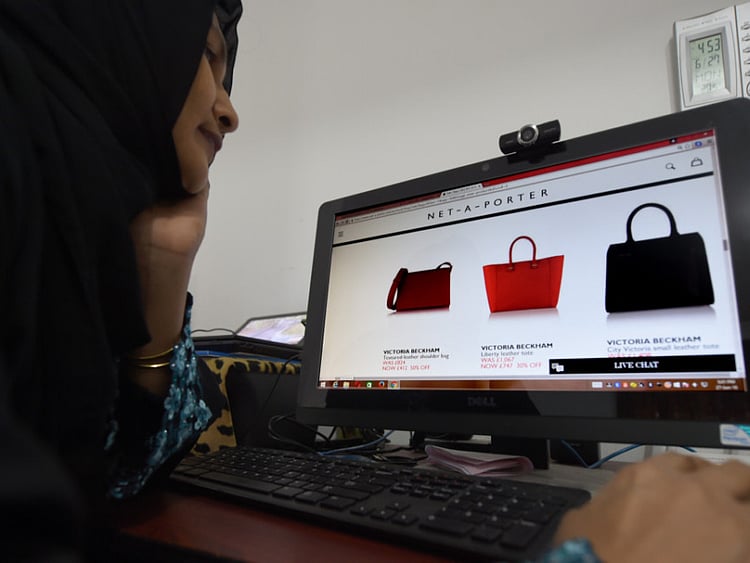How Covid-19 is reshaping consumer behaviours
Speeded-up migration to online shopping and remote working ways are clear instances

Covid-19 has quickly emerged as a big risk to the economy. It has the potential to stretch the health care infrastructure of countries, as we are witnessing in Italy.
Considering this, more countries are embracing social distancing — this is dramatically changing customer behaviour and has potential of having a lasting impact. Last year was already a breakout year for online retail with growth accelerating compared to previous years. There was also a new Thanksgiving sales event created in November by online players, which further boosted the adoption of online channels.
With offline shopping a relatively high contact activity, low-contact online retail adoption is only expected to accelerate. Our initial research already shows that customer demand has been hit more acutely on physical channels compared to online.
Online retailers have been investing heavily in logistics and supply chain over the last few years, and this is an excellent opportunity to provide minimal contact services to customers to ensure that products arrive on time and are safe.
However, we estimate that even online retail will be impacted, especially cross-border trade, which is almost 30 per cent of the total online market. Cross-border trade will recover once supply chain stabilises.
‘Foodtainment’ to grow exponentially
Cinemas, parks and other entertainment centres have been closed as a precaution. Restaurants have also been promoting delivery of orders to limit the spread of the virus. This means that more people will be at home for a longer time every day.
People would need more variety for on-demand entertainment as they spend more time at home. Over-the-top (OTT) players such as Netflix and Starzplay are expected to benefit from this. This will also benefit food delivery companies such as Zomato, Talabat, Uber Eats and Careem now.
Some restaurants are expecting volumes to double, potentially changing customer behaviour for the long run.
Speeding up virtual learning
Virtual learning has largely been popular for vocational training and executive education programmes. Schools is UAE are mandated to conduct two full weeks of teaching on virtual platforms. This policy will enable schools to better prepare for virtual learning.
If this becomes successful, we could see mass adoption of virtual learning across age groups, potentially opening newer use cases for virtual learning.
Work-from-home goes mainstream
Work from home has made inroads in many countries. The Middle East has been a laggard to adopt this compared to the US, which is a leader. Both private and public sectors are actively adopting online collaboration tools and remote working solutions in light of the current outbreak.
Once initial concerns on efficiency are ironed out, this has the potential to attract and retain talent to the region.
Every adversity also presents an opportunity to challenge status quo and push the envelope to progress. The UAE and the wider region is using Covid-19 as an opportunity to adopt and prepare new ways.
This has the potential to create a lasting impact on the behaviour across verticals.
- Sandeep Ganediwalla is Managing Partner at RedSeer Consulting, Middle East and Africa.
Sign up for the Daily Briefing
Get the latest news and updates straight to your inbox
Network Links
GN StoreDownload our app
© Al Nisr Publishing LLC 2026. All rights reserved.